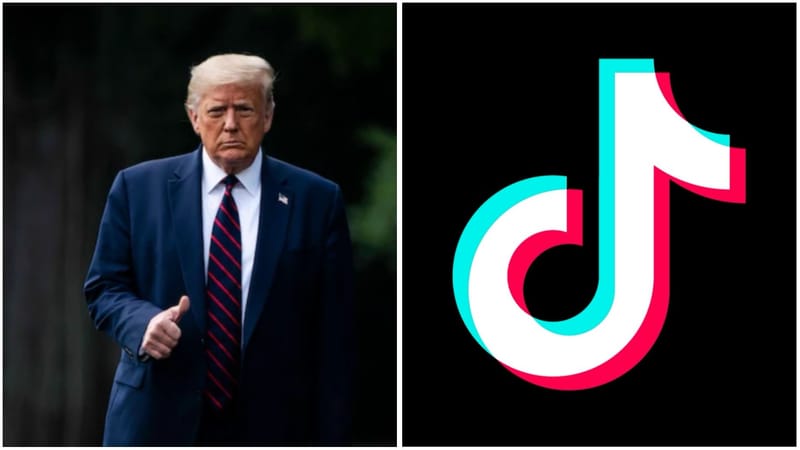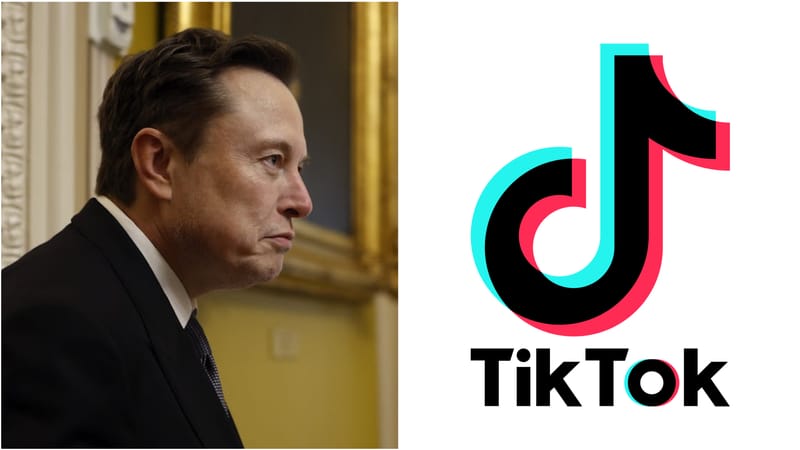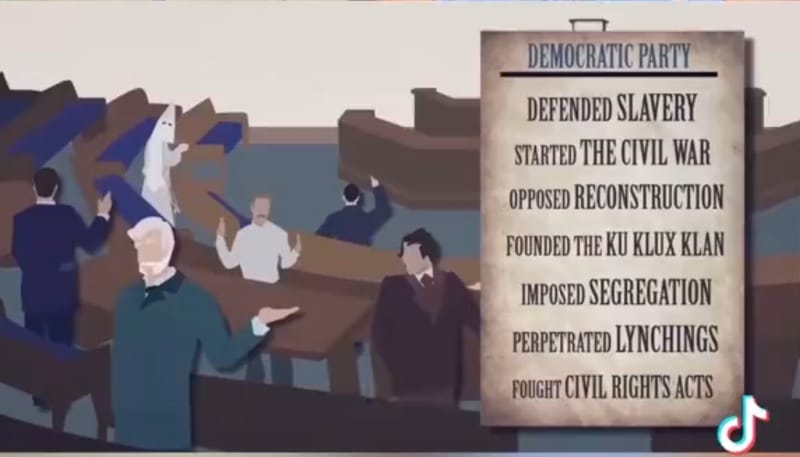Trump's Executive Order Halts TikTok Ban; App Reappears in U.S. App Stores
Inauguration Day Deal Gives TikTok 90 Days to Negotiate Ownership Washington, D.C. - January 19, 2025 In a surprising turn of events, President-elect Donald Trump announced via Truth Social that he would sign an executive order on Monday to delay the U.S. government's enforcement of the
Inauguration Day Deal Gives TikTok 90 Days to Negotiate Ownership
Washington, D.C. - January 19, 2025
In a surprising turn of events, President-elect Donald Trump announced via Truth Social that he would sign an executive order on Monday to delay the U.S. government's enforcement of the TikTok ban, which was set to take effect today. This decision has led to the immediate reinstatement of TikTok in American app stores, marking a pivotal moment for the app's millions of U.S. users who woke up to find their favorite platform back online.
The ban, which passed with bipartisan support last year, aimed to force ByteDance, TikTok's Chinese parent company, to divest its U.S. operations or face a complete shutdown in the country over national security concerns. However, with Trump's executive order, there's now a 90-day window for TikTok to negotiate a deal that could involve partial U.S. ownership or another form of resolution that satisfies security concerns.
"TikTok is back, and we're going to work out a deal," Trump stated, emphasizing his desire for American involvement, possibly up to "50% ownership" in a joint venture. This statement came amidst widespread confusion and frustration among TikTok users who had seen the app disappear from their devices over the weekend due to the initial ban enforcement.
BREAKING: Every American is being shown this message upon opening TikTok - crediting Trump for the platform staying operational. pic.twitter.com/EzBcUtNPI8
— Eric Daugherty (@EricLDaugh) January 19, 2025
Apple and Google, facing potential penalties under the previous law, have now restored TikTok in their respective app stores. This move was facilitated by Trump's assurance that there would be "no liability for any company" that kept TikTok from going dark before his order was officially signed.
The decision has sparked a range of reactions. Some see it as a victory for free expression, while others question the national security implications of allowing TikTok to continue operating under Chinese ownership, even temporarily. Critics argue that Trump's move might be more about political strategy than security, especially considering his previous attempts to ban TikTok during his first term contrasted with his recent embrace of the platform for political outreach.
Elon Musk, who has been vocal about the ban, described it as an infringement on "freedom of speech." His comments have fueled discussions about the broader implications for tech policy and data privacy in the U.S. Although there have been rumors about Musk potentially buying TikTok's U.S. operations, ByteDance has dismissed these as "pure fiction."
STATEMENT FROM TIKTOK:
— TikTok Policy (@TikTokPolicy) January 19, 2025
In agreement with our service providers, TikTok is in the process of restoring service. We thank President Trump for providing the necessary clarity and assurance to our service providers that they will face no penalties providing TikTok to over 170…
The reinstatement has also been met with relief among content creators and small businesses that rely heavily on TikTok for engagement and revenue. One user, who goes by the handle @DanceWithJoy, said, "It's like a weight's been lifted. Now we can focus on creating again, not just worrying about where we'll go next."
The next steps remain uncertain, with stakeholders from Congress, the tech industry, and the public watching closely to see if a long-term solution can be negotiated. The 90-day reprieve gives room for dialogue, but whether this will lead to a permanent fix or just another postponement of the inevitable remains to be seen.
As this story unfolds, the balance between national security, economic interests, and freedom of expression continues to be a contentious issue in American politics.




